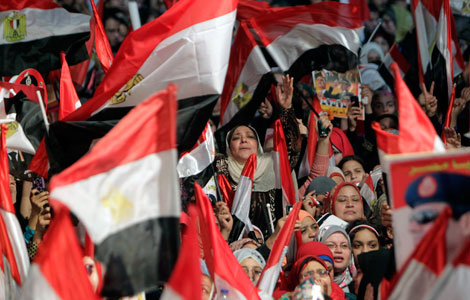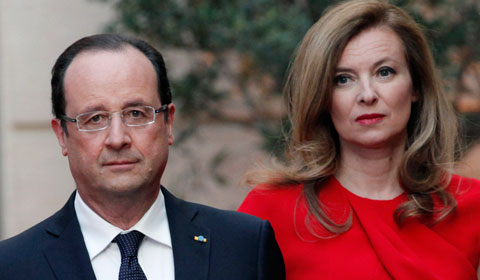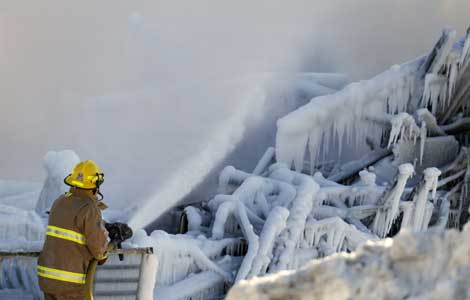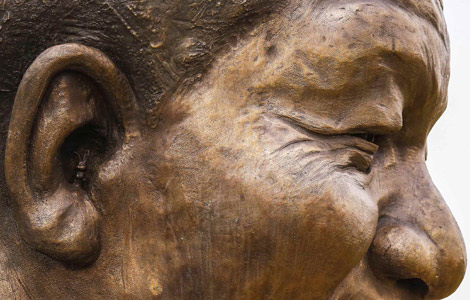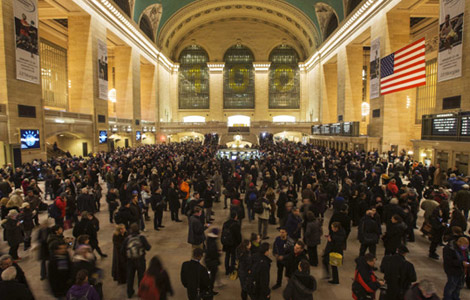

BANGKOK - Thai anti-government protesters surrounded almost half of the polling stations in Bangkok on Sunday, election officials said, chaining doors shut and forcing the cancellation of advance voting in many centres for a disputed election next week.
Embattled Prime Minister Yingluck Shinawatra called the February 2 election in the hope of cementing her hold on power in the face of more than two months of protests trying to force her from office.
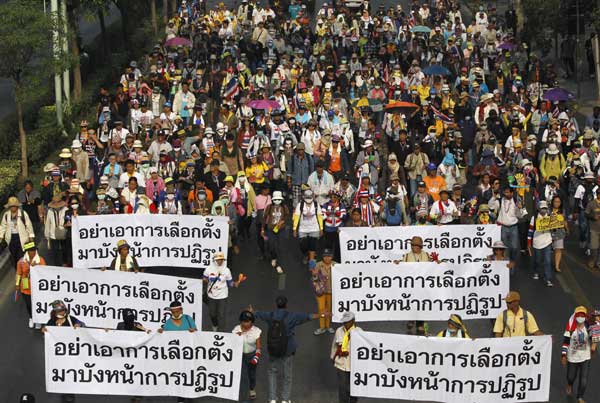 |
|
Anti-government protesters hold banners as they march in a rally to a polling station in central Bangkok January 26, 2014. The banners read, "Do not use election as a tool to deny reforms." [Photo/Agencies] |
The success of Sunday's advance voting could determine whether the election proceeds as scheduled, even after Yingluck's government warned anyone who tried to stop voting would face jail or fines, or both.
"Around 20 polling booths out of 50 in Bangkok can't hold advanced voting because protesters have surrounded the booths and moved to close them," said Veera Yeephraew, a senior election official in Bangkok.
It was already unclear whether the election would go ahead after a Constitutional Court added to the pressure on Yingluck on Friday with a ruling that opened the possibility of a delay.
The government declared a state of emergency that took effect from Wednesday as it sought to rein in protests that began in November. While mainly peaceful, nine people have been killed and scores wounded in sporadic violence.
The protests are the latest eruption in a political conflict that has gripped Thailand for eight years and which is starting to hurt growth and investor confidence in Southeast Asia's second-largest economy.
The conflict broadly pits Bangkok's middle class and elite, and followers in the south, against mainly poor rural backers of Yingluck and her brother, ousted former premier Thaksin Shinawatra, in the populous north and northeast.
The protesters, led by firebrand former deputy premier Suthep Thaugsuban, accuse Yingluck of being the puppet of her brother, who lives in self-imposed exile after a 2008 graft conviction he says was politically motivated.
They say Thaksin's powerful political machine has subverted Thailand's fragile democracy by effectively buying the support of rural voters with populist policies such as cheap healthcare and subsidies for rice farmers.


